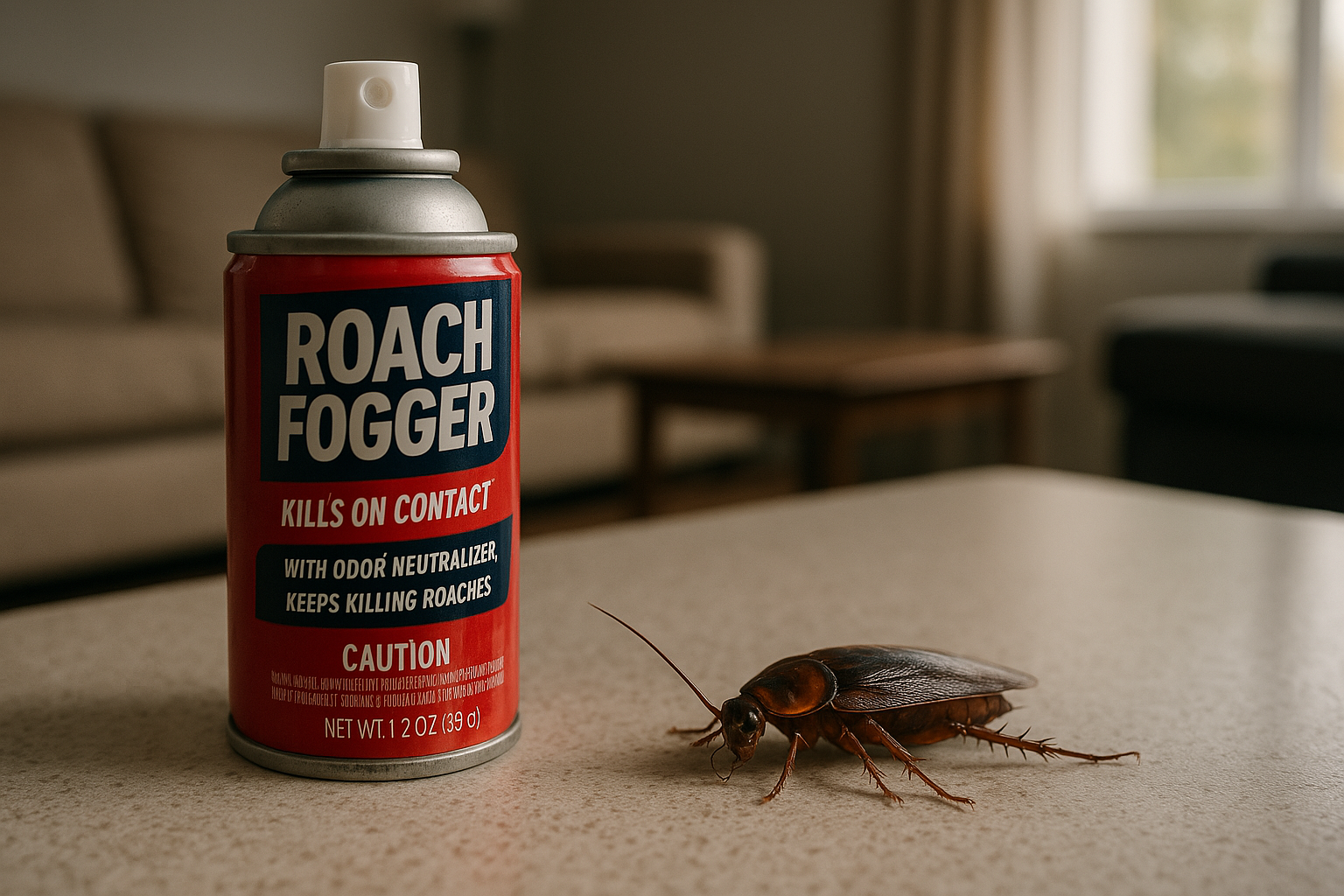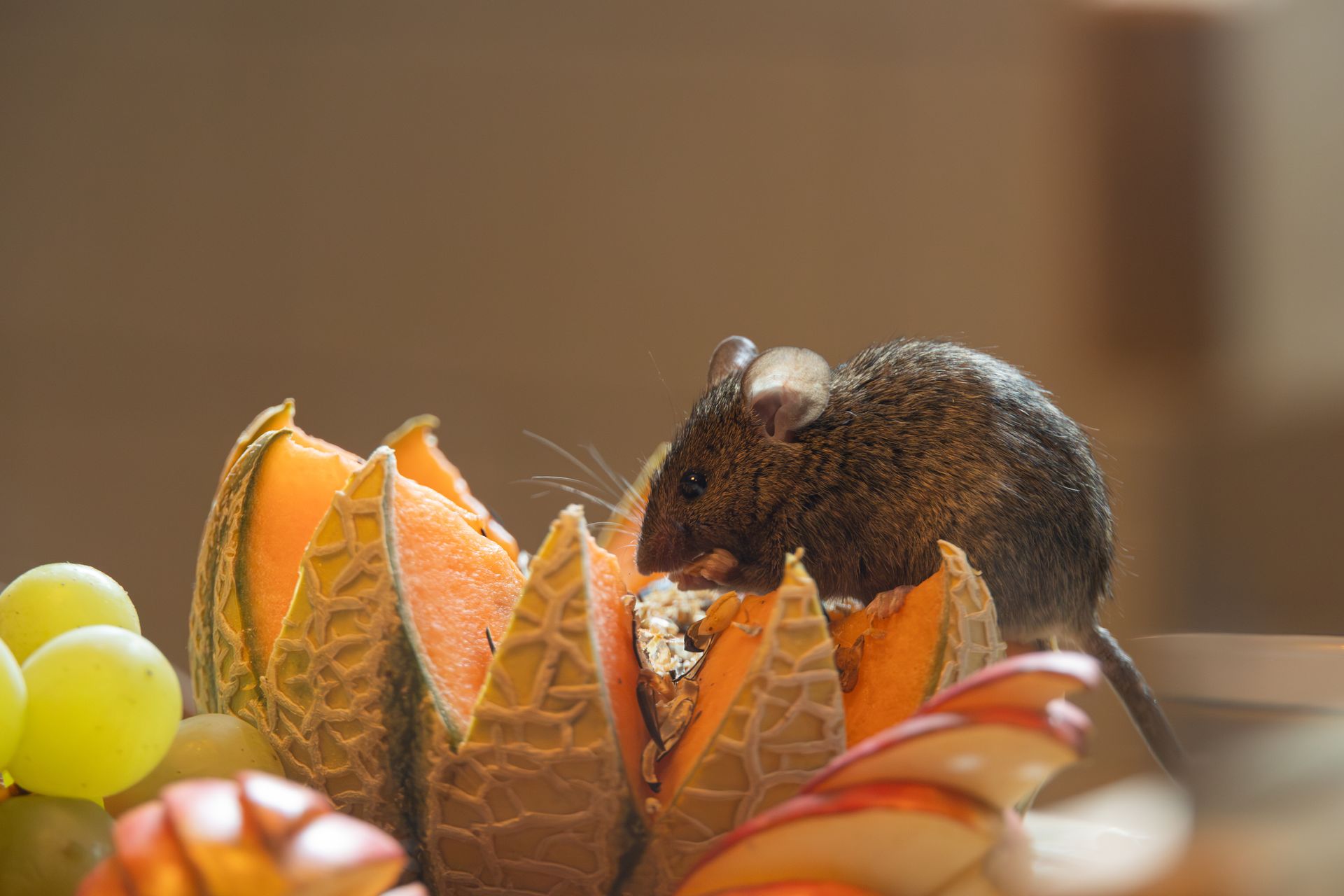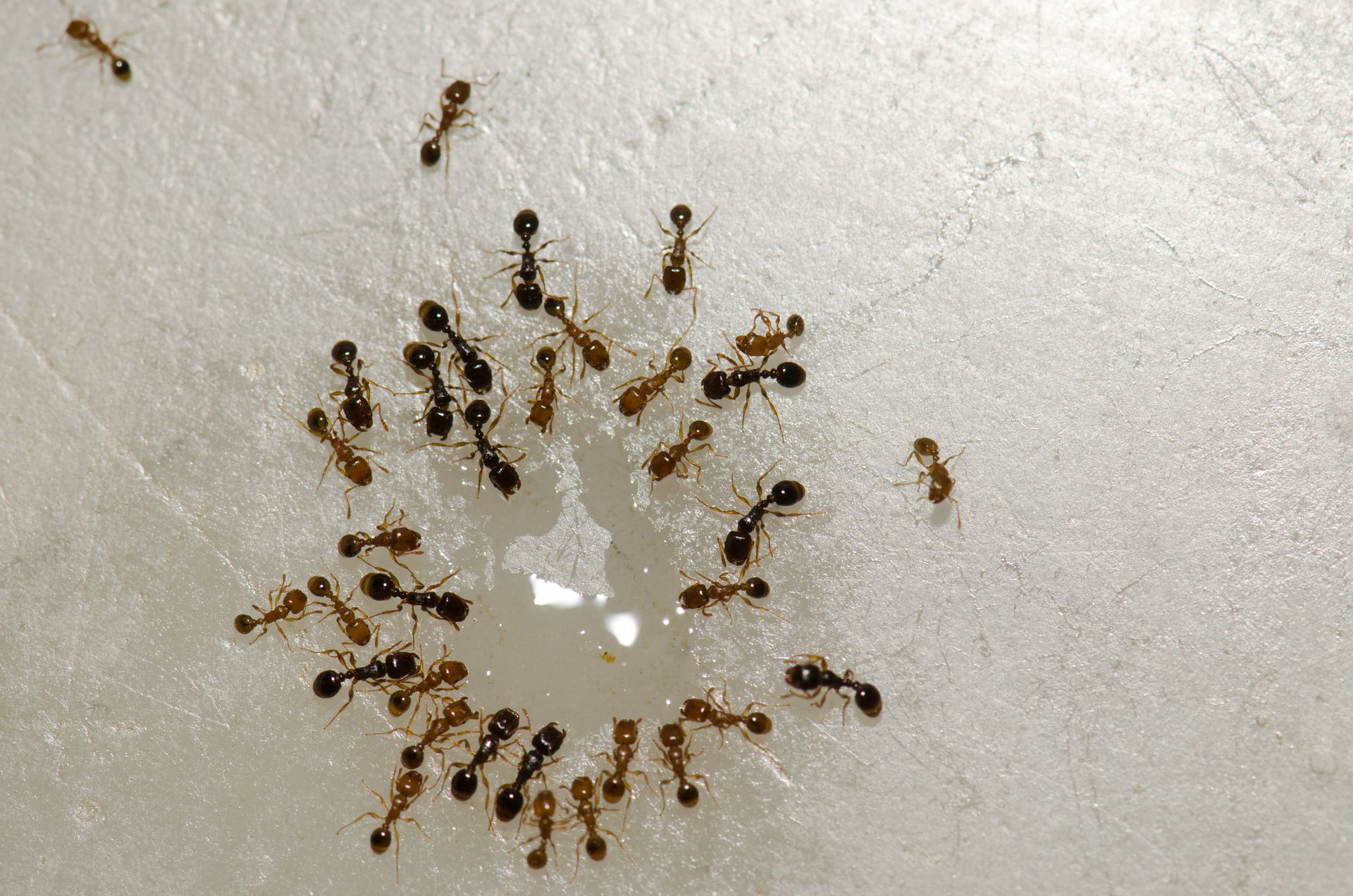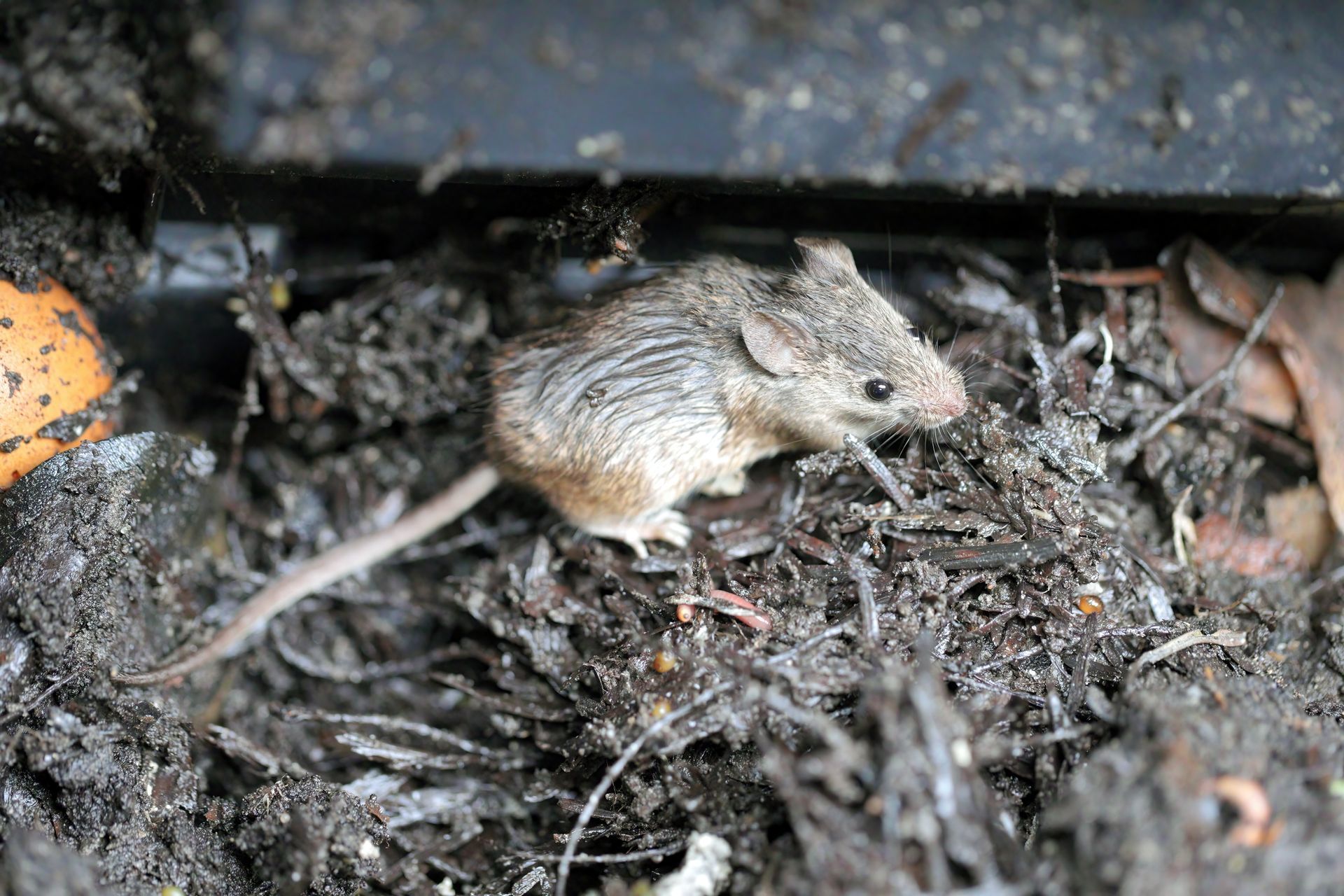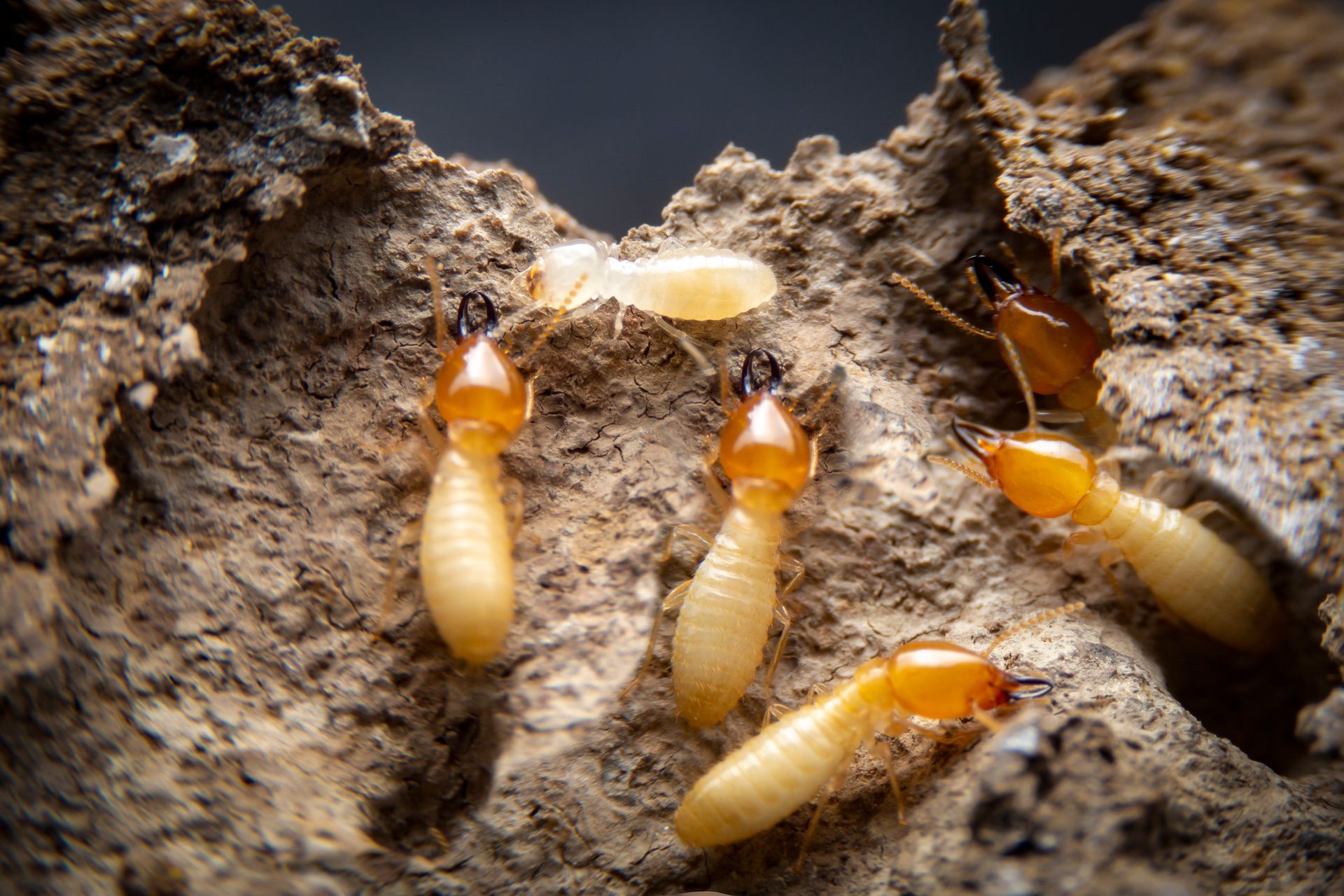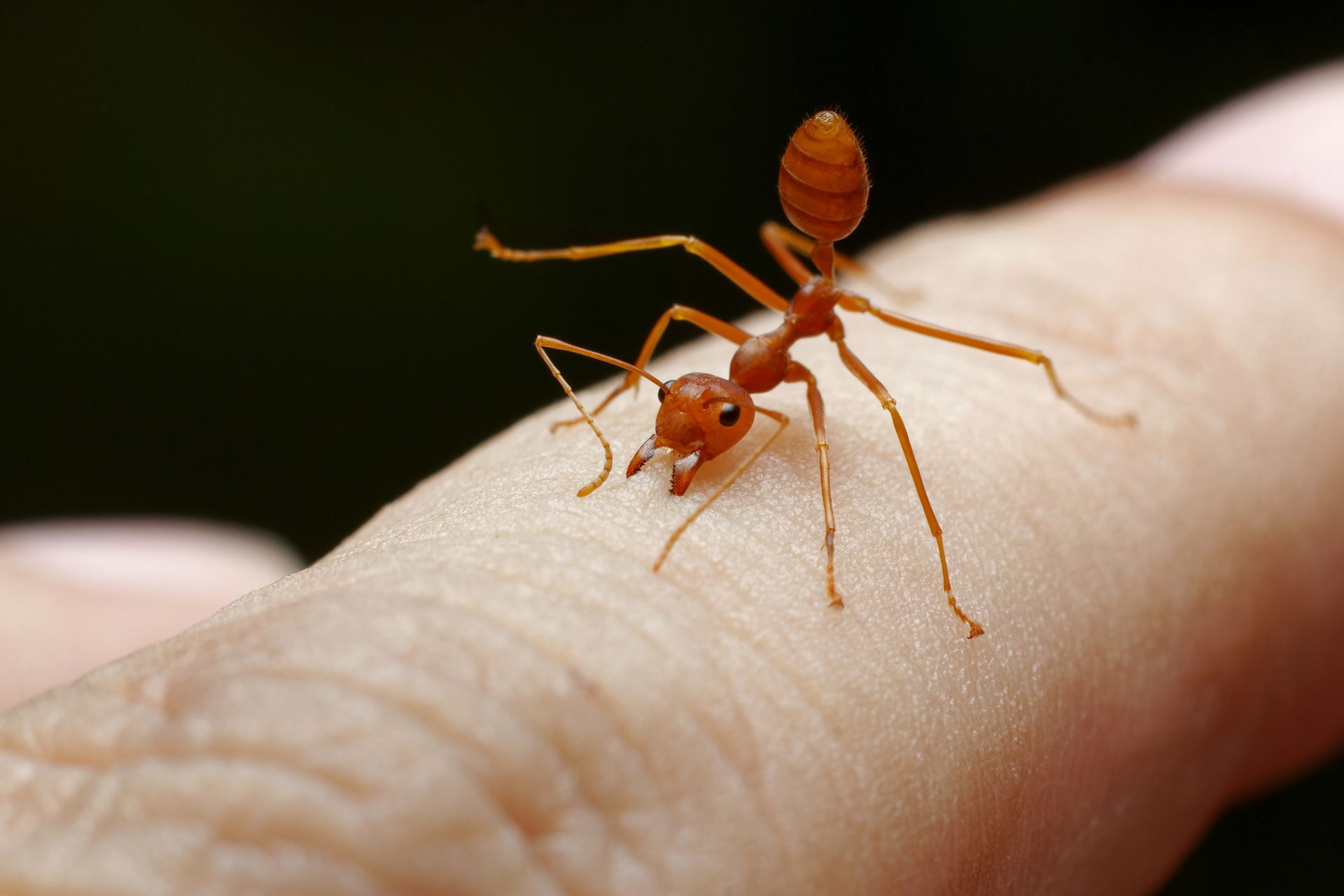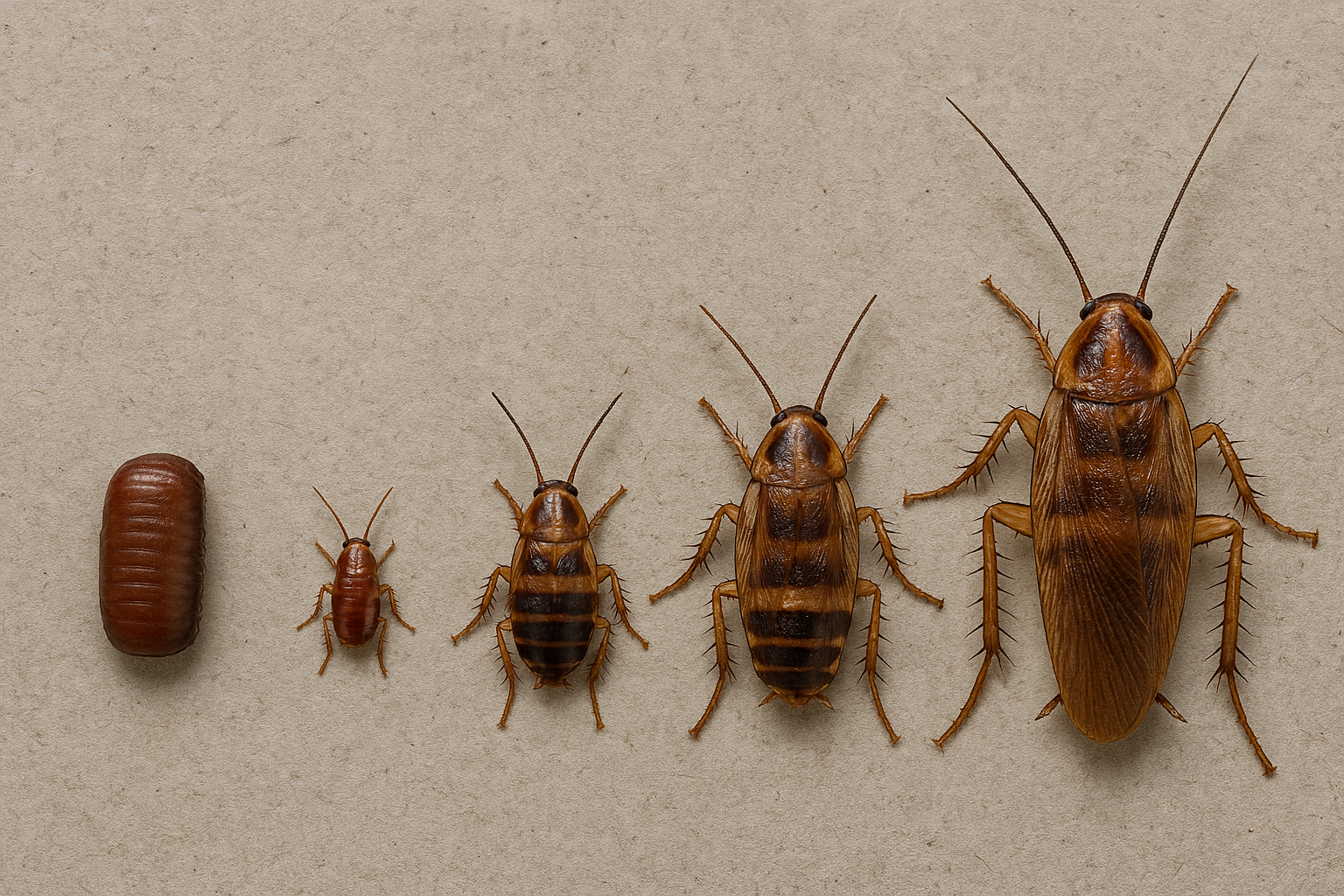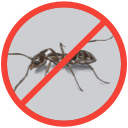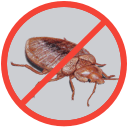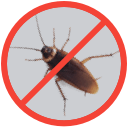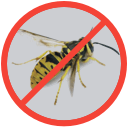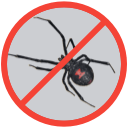How to Repel Bees Naturally from Your Yard
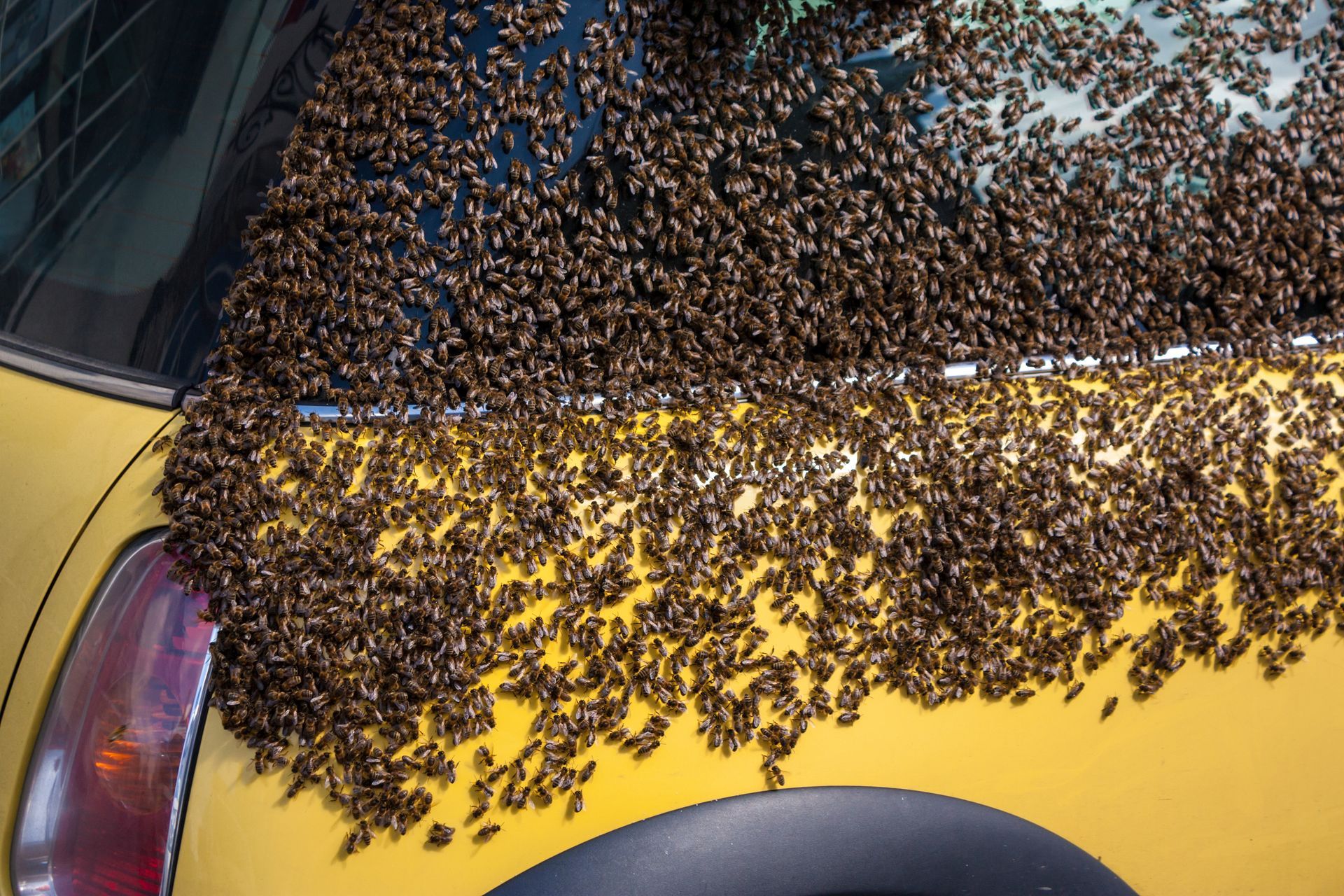
Bees are a non-aggressive pollinator that plays a critical role in all ecosystems. They are also a stinging insect that can pose a threat. Bee stings can be deadly for those that are allergic to bees. The best way to deal with bees is to prevent them from becoming a problem in the first place. There are several natural strategies that individuals can use to help repel bees, so they keep their distance. These methods can be used individually but by using them together, you can create an environment that deters bees altogether, so you don’t have to have them removed or killed.
Tips on How to Repel Bees
Deterring bees is possible with the right strategies. Many of these strategies take advantage of bees’ sensitive sense of smell. By removing smells that attract bees and replacing them with smells that bother bees, you have a strong chance of minimizing bee activity.
Avoid Sweet Smelling Fragrances
Bees feed on nectar which gives flowers that sweet smell. The smell of sweet juices and fragrances often attract bees which are confused and looking for something to eat. It helps to avoid using sweet smelling colognes, perfumes, and sunscreens if you want to avoid attention from bees.
Grow Deterring Plants
Strong scents can also be used against bees. Bees find several scents repulsive and will give these plants plenty of distance. Grow these natural repellants around your property to create a defensive perimeter against bees:
marigolds- germaniums
- mints
- eucalyptus
- thyme
- lemon
- pennyroyal
- neem
- cloves
- garlic
- basil
- lavender
Use Essential Oils
Bees dislike essential oils that smell similar to the scents created by plants they avoid. By diffusing the following oils, you can utilize scents that bees dislike to repel bees:
- lavender oil
- tea tree oil
- citronella oil
- citrus oil
- peppermint oil
- clove oil
- rosemary oil
- eucalyptus oil
- cinnamon oil
- cedarwood oil
Keep Food and Drink Covered
Fruits and sweet-smelling beverages will attract bees so keeping dishes and drinks covered or sealed will help prevent this from happening. Soda cans that are left out during picnics are particularly popular places for bees to dive into for a quick drink. Be sure to pour the contents of sodas and other drinks into cups that have lids and cover plates or bowls of fruit with plastic wrap or tin foil to prevent bee activity.
Avoid Certain Colors
Bees have a limited scope of vision but can see certain wavelengths of colors. Bees are capable of seeing colors that fall on the green, blue, and ultraviolent end of the light spectrum. Colors like those are found on certain flowers which attract bees so avoid clothing that uses blue, violet, or purple colors to prevent bees from being attracted to you.
Habitat Modification
Bees need food, water, and somewhere to build shelter to survive. By changing the environment in which a bee colony can thrive to something a little more hostile, bee populations can be deterred and encouraged to relocate. Doing things like removing water sources and changing the types of plants and flowers growing around a home can have big impacts of where bees decide to call home.
Use Vinegar
Vinegar is another strong-smelling product that can be used to help get rid of bees. The smell is unpleasant and can work as an alternative to pesticides.
Use Citronella Candles
Citronella plants and oils can be used to deter bees so it makes sense that burning citronella candles would also work. These candles are easy to use and can be found at most grocery or hardware stores. They are effective against bees, wasps, and mosquitoes and work up to a certain range.
Use Cinnamon
Cinnamon is a strong-smelling spice that comes from the bark of a tree which bothers bees similar to some of the bee deterring plants and oils. Using cinnamon to repel bees may not make sense to use unless you were trying to cause a beehive to relocate peacefully. If a hive is found, cinnamon can be applied to the outside of a bees’ nest to create an unpleasant smell that the bees will want to avoid. It may take several days of application before the bees leave but the bees should eventually move. It is important to wear protective gear when applying it to avoid being stung.
Use Garlic Spray or Powder
Garlic is another strong-smelling plant that bees dislike. The same bee repelling effects can be gained from garlic infused sprays and garlic powder. It isn’t recommended that these are used against a beehive or directly on a bee because garlic can be toxic to bees and bee larvae. It can be applied to areas where bees are not wanted and onto plants that bees feed on to remove a colony’s food source.
Use Cayenne Pepper
Cayenne pepper acts as a strong irritant that deters bees. Native ground bees that burrow underground can be deterred by sprinkling cayenne pepper generously on soil.
Cover Holes and Access Points
Honeybees swarm when it comes time to relocate or expand their nest. Be sure to close and block any access points into a home including cracks, holes, tears, and gaps. These openings will provide entry for swarms of bees who are looking to start building a new nest somewhere safe. If the bees get inside, they become a massive headache to try and remove. They also start creating honey inside these spaces which will attract other bugs.
Why You Should Try and Repel Bees Instead of Killing Them
Bees are a beneficial insect that play a critical role in plant pollination. It is important to do our best to keep these bugs alive so they can continue to do their jobs. If something were to happen where bees were no longer able to pollinate, humanity would witness a drastic change in ecosystems. Several plants that rely on bees for pollination provide food and shelter for the bugs and animals that make up the animal kingdom. If these plants’ existence were stopped due to bee population decline, every species of bug and animal that relied on that plant for survival would be at risk of collapsing as well.
Contact Bee Removal Experts if You Are Dealing with Bees
If bees are presenting a problem, please call EcoGuard Pest Management to get a team of specialized bee removal experts out to relocate your bee problem safely. A licensed bee removal expert will come inspect your home for signs of a beehive and then devise a plan to remove the hive and find the queen. Once the queen is found, the hive can be relocated to ensure that the bees are no longer your problem.



